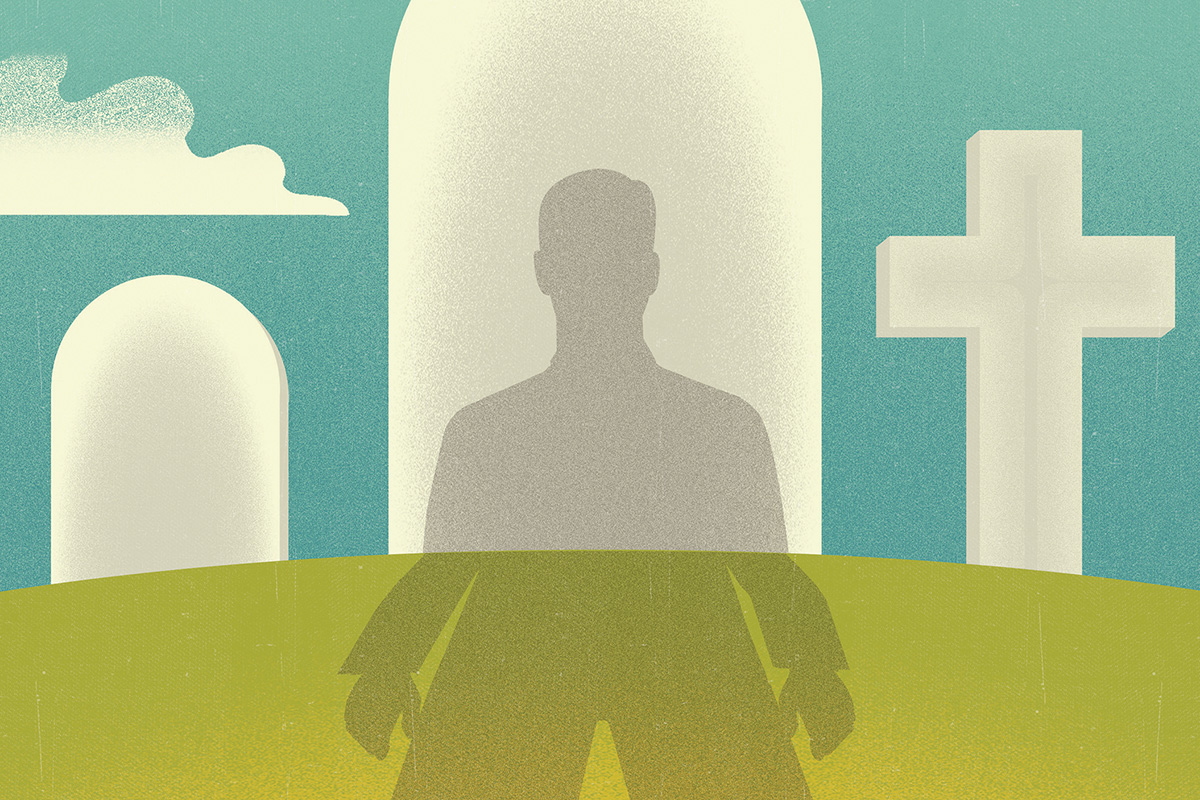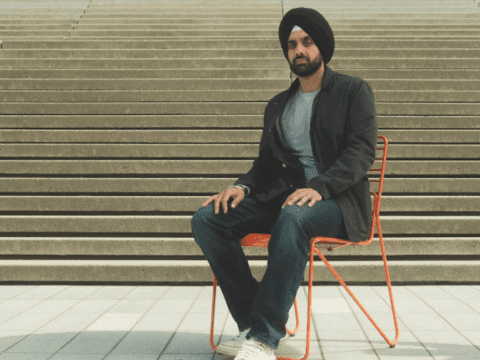“We shoot horses, don’t we?” That’s Phyllis Elliott, my faithful counsel at church. In answer to my question about medical assistance in dying, she replied with her typical common sense. “Surely we can show mercy to fellow beings who are suffering.”
Choosing the time of your own death has always been possible, but until the recent implementation of Bill C-14, it was both illegal and immoral. Stemming from the Abrahamic tradition’s aversion to “playing God,” we previously considered that ending one’s life was a selfish, presumptive act. Our nation’s criminal code and our common vocabulary reflected that position. You didn’t “do” suicide, you “committed” it because, apart from everything else, it was a crime.
You may unsubscribe from any of our newsletters at any time.
But, as Phyllis intuited, everyone will concede that compassion trumps law when someone has declined into intolerable suffering. If you’re living with ALS (amyotrophic lateral sclerosis), you get a pass. No one should have to endure the indignity and pain that the disease entails.
Now we have a clear path. Under certain circumstances, it is possible to choose your own death. It’s not for everyone. If you have dementia or are unconscious, you’re ineligible. You must be close to dying, and suffering from unbearable pain. The logistics are still cumbersome, and we have yet to find the vocabulary and the rituals to make it wholesome. But it’s something.
Nevertheless, before applauding Bill C-14 as an unqualified step forward, let’s ask what happens to our society when we can choose our own death. After all, our approach to dying says a great deal about our attitude to living.
This past summer, I was completing a book on medical assistance in dying titled Healing Death. Part of my research involved interviewing those who are seeking it. During these conversations, one person spoke of assisted death as “my right.” That language betrays a common presumption that you “own” your life. It’s yours to do with, or to end, as you wish.
But our theological tradition has always asserted that your life is a gift. It assumes relationship. You are not an island but a part of the integrated whole. What happens to you (for good or ill) shapes others. It’s not just about me and what I want; it’s what can happen through my life, in relation to others. While I am not arguing against mercy, I want to hold out the possibility that the nature of my dying is governed by a grace that is beyond my control. For who knows what miracles await us at our end?
In another interview, I was reminded that some people feel more vulnerable now. In the past, your dying was beyond your control, so everyone in your circle pitched in as necessary. Now, you can choose to go more quickly, saving your children some anguish and easing their burden. Are we subjecting the dying to unfair pressure?
Finally, while suffering is not redemptive, as I walked with my father and mother through their dying, I was reminded of the essentials of living. There is a rich melody in the rhythm of life and death — not always pleasant, but very real. To be human is to die. If we sidestep those last steps along the journey, do we risk distorting or short-circuiting the music of living?
In the end, I am drawn back to a simple truth: dying is never easy, but how we live through it can be restorative. Medical assistance in dying may be one step toward healing death.
This column first appeared in The Observer’s December 2017 issue with the title “Conundrums.”















